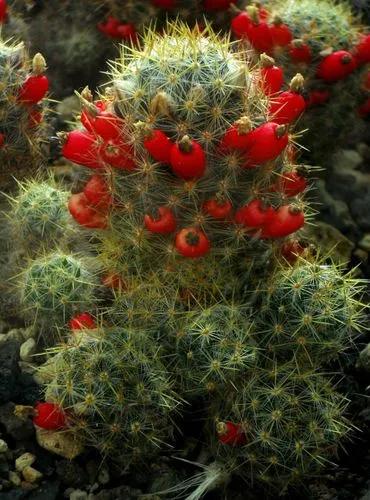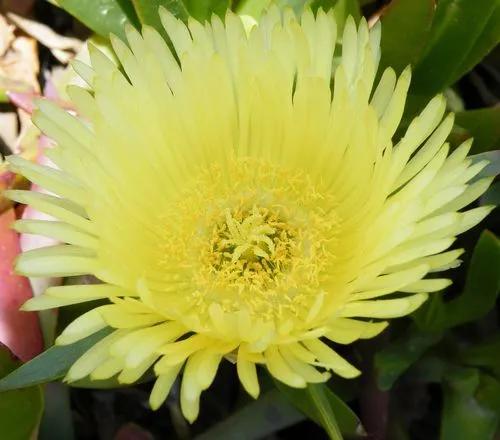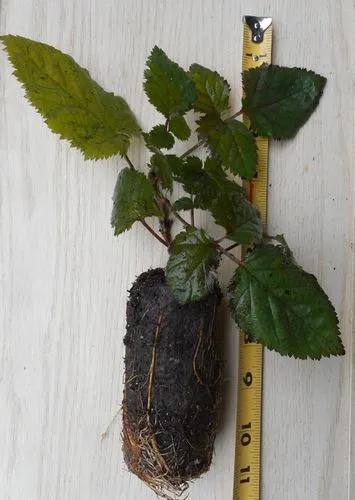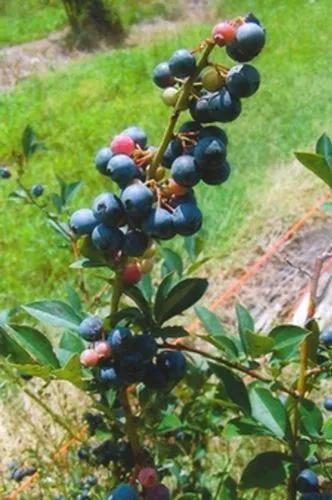Species of guava found mostly in Costa Rica but also grown in Guatemala, Nicaragua and other Central American countries. It can be found in Nicaragua as "guava for drinking" or "fresco de guava". This fruit is commonly used to prepare a sour and refreshing drink. It has been successfully grown in California now and can be grown from seed in mild higher regions.
Wild Guava Care
Psidium Friedrichsthalianum



They are generally small trees, some reach a size up to 10 m high; with twigs glabrous or sometimes appressed-pubescent, quadrangular, each angle generally winged. Leaves generally elliptical, some oblong, 4.7–12.5 cm long and 2.5–5 cm wide, apex shortly acuminate or acute, base acute to wedge-shaped or rounded, glabrous; petiolated. Flowers generally solitary or occasionally in dicasia with sessile central flower, peduncles up to 4 cm long, glabrous or sparsely pubescent, filiform bracteoles, up to 1.5 mm long; hypanthus 2–5 mm long, glabrous; calyx dividing during anthesis into 3 irregular segments or wolves up to 1 cm long. Fruits globose or oval, 3–5 cm long.2 Also, in some very mature, easily removable edible worms.
How to Care for the Plant

Popularity

30 people already have this plant 12 people have added this plant to their wishlists
Discover more plants with the list below
Popular articles






